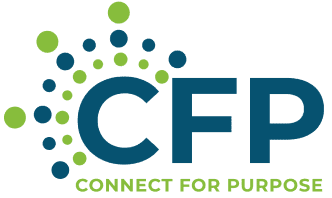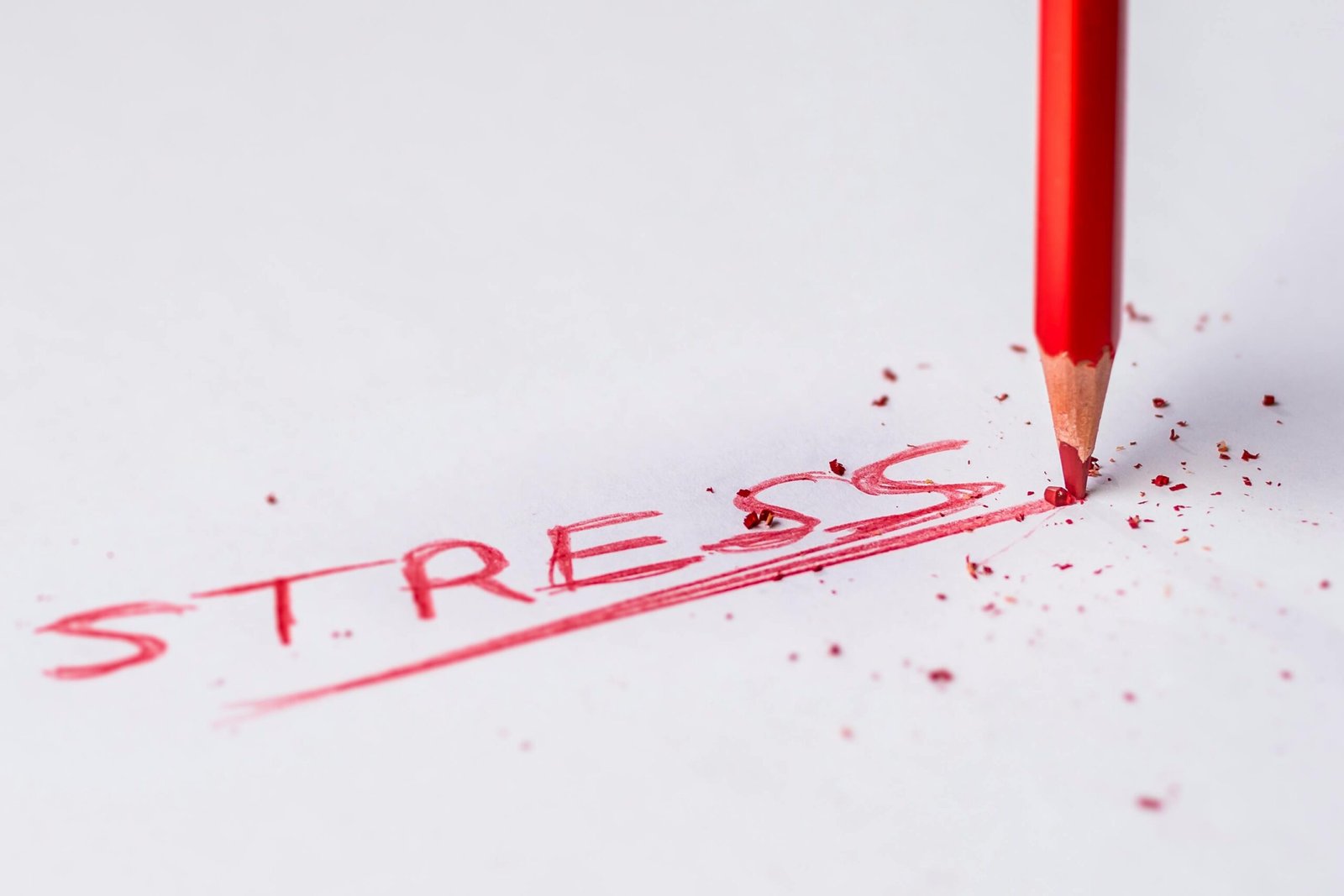By: Safia Gopalani
Salma Miah
What would you rather choose
Over the past few decades, the word “stress” has been used in a negative connotation. We see self- help books on how to reduce stress. We know experts teaching how to get rid of stress. We have doctors (unaware of the nutrient depletion of the food, and side effects of the processed food of the 21st century) asking us to reduce stress to live a longer healthier life. Being bombarded with all of the above, people are overwhelmed thinking that they are stressed and start to believe that stress is the reason for everything going wrong in life, health, and relationships. Overall, we are told that stress is bad, it affects our sleep and health, it triggers the hormone cortisol, and makes us fat. We are told to avoid stress at all costs and try to live a stress free life, so we work really hard all day and all our lives just to be stress-free at some point and that point never comes until we rest in peace in the grave.
An average person like me starts to feel unnecessary stress at a very young age only because of the culturally accepted norm of being stressed. Around us, people walking around stressed, snapping at each other under stress,, and some are just fashionably stressed. We continue to be stressed till death because that’s what we have seen and learned. But is this the right way to live?
Now that I have your attention, I would like to begin with Surah Al-Balad, Ayah 4, “No doubt, We have created human beings in Kabad.” The word Kabad means middle of the day, a calamity, intensive, laborious, toil, overwhelming from all directions, and exhausting. Entire world is warning us that stress is the enemy, and our Creator is reminding us that we are created in an endless, intense, exhausting, and laborious struggle. So, where did we go wrong?
Let’s glance over the life of my beloved Prophet (PBUH). His life was stressful since childhood; all his loved ones were taken away from him in the time of need as the divine decree. When He (PBUH) had the stress of spreading the divine message, his own family, his own tribe turned against him. He (PBUH) was physically harmed, emotionally stabbed, and belittled. His (PBUH) faith was questioned, and He (PBUH) was close to being assassinated. He prayed passionately and waited for the revelation patiently. Yet, He (PBUH) was always seen smiling, listening to
people, solving problems of his companions at individual level as well as the problems of the nation. He (PBUH) prayed before going into wars, He (PBUH) strategized the stress rather than panicking over it. He (PBUH) used cognitive appraisal theory, He (PBUH) used stress to connect and bond, He (PBUH) performed optimally as humanly possible in the utmost times of stress.
Kelly McGonigal, a psychologist, presented a new take on stress in her book, “The Upside of Stress.” She suggests taking stress as a friend and an ally rather than an enemy by changing a little perspective. A 2012 study revealed that our mindset plays a critical role in how our bodies respond to stress. By viewing stressful situations as challenges, rather than threats, we can potentially alter physiological responses. McGonigal also explains in her TED talk that the difference between viewing an increased heart rate as a sign of anxiety and viewing it as your body’s way of preparing you to rise to the challenge, will gear you up for success. McGonigal asks to swap “stress” for “readiness.”
Harvard conducted a study of social stress tests. Participants were asked to think that the pounding heart is preparing them for action, rapid breathing under stress is getting more oxygen to the brain. Participants’ physical stress responses were amazing. Their blood vessels didn’t constrict as they should’ve under the stress of fight and flight mode, instead, blood vessels stayed relaxed; their hearts were pounding as in the moment of courage and calculated stress like exercise. Outcome of the study is that we should take stressful challenges with eagerness rather than dread.
McGonigal also talks about Oxytocin in her book that it is not just “the cuddle hormone” or “the bonding hormone,” oxytocin is actually a stress hormone, released during stress response, prompting the need for biological and social connection. Basically, stressful times could be an opportunity to make social connections and community building.
Cognitive appraisal theory explains how our thoughts influence our emotions and subsequent stress response. It suggests that if we interpret (appraise) a stressful situation as a challenge rather than a threat, our bodies react differently, releasing more adrenaline for action and less cortisol. When we reframe the narrative around stress, we transform potential anxiety into energy and focus. Seeing sweaty palms and a racing heart as helpful tools rather.
“Optimal performance does not happen at zero stress!” Says Sebastien Page, the author of “The Psychology of Leadership.” He is the CIO of T. Rowe Price, managing $500 billion in global assets. He talks about how to turn stress into strategy and taking stress as a useful tool instead of reactive energy. Dr. Daniel Zimet, a sports psychologist, says that stress is considered as activation for optimal performance.
Being a person of faith, why worry about stress when we are created in intense hardship? Life itself is a stressful test. We are going to be tested continuously depending upon our knowledge, level of faith, and capacity. We are created in an endless toil, and we will be tested throughout our lives to check our faith and to test how true we are to the greater purpose. Test is not a panic button, it is a step to graduate to another level. We climb the steps of Taqwa as we embrace the stress of each test. To sum it up, we are created in hardship and our Creator wants us to achieve higher ranks with stressful tests depending on our knowledge, level of belief, and capacity throughout our lives. Our Creator wants us to pass with flying colors and that’s why He (SWT) had given us tools to navigate in the Qur’an, and sent prophets for the guidance of mankind. We are supposed to swim in the ocean of stress anyway, so shouldn’t we sharpen our skills, with the tools provided, and practice floating rather than drowning?

